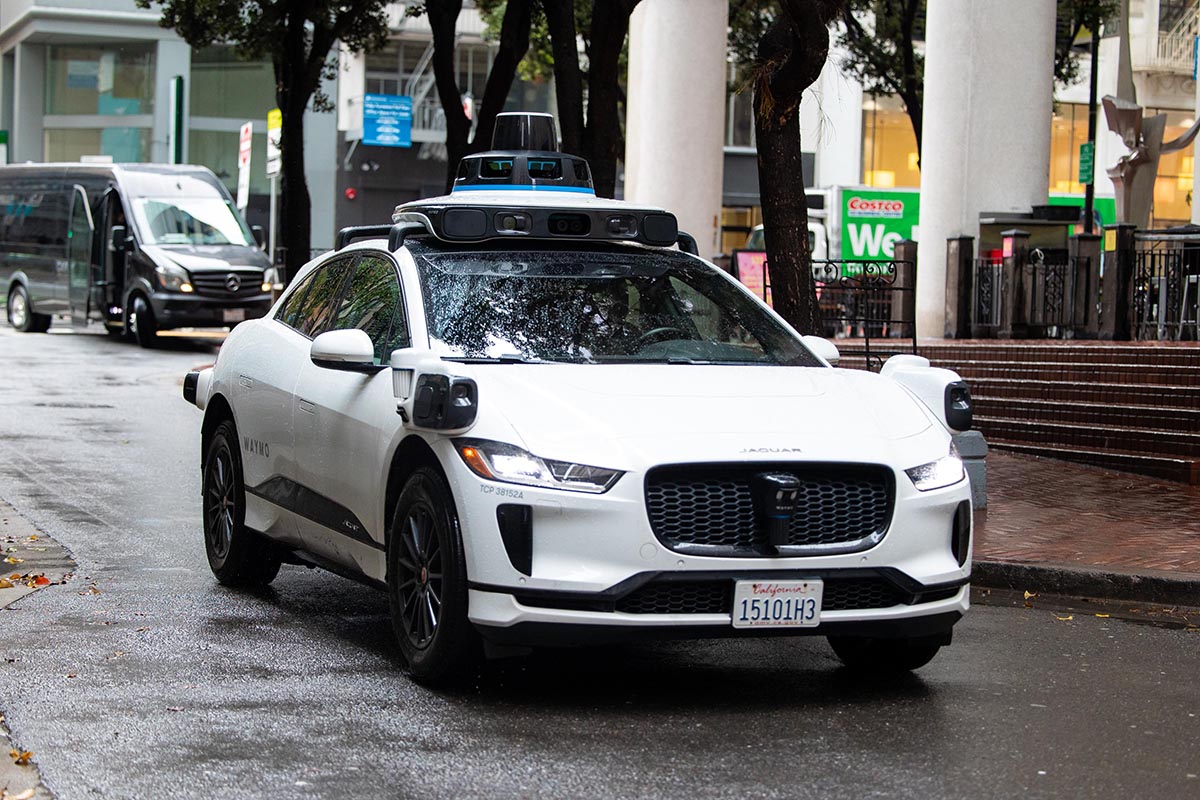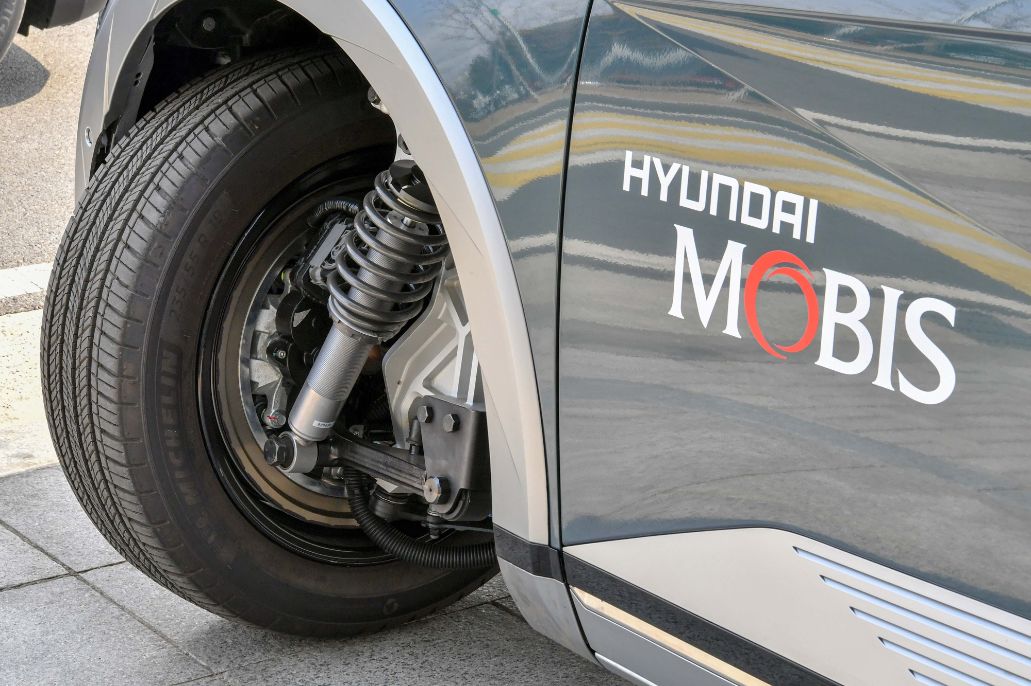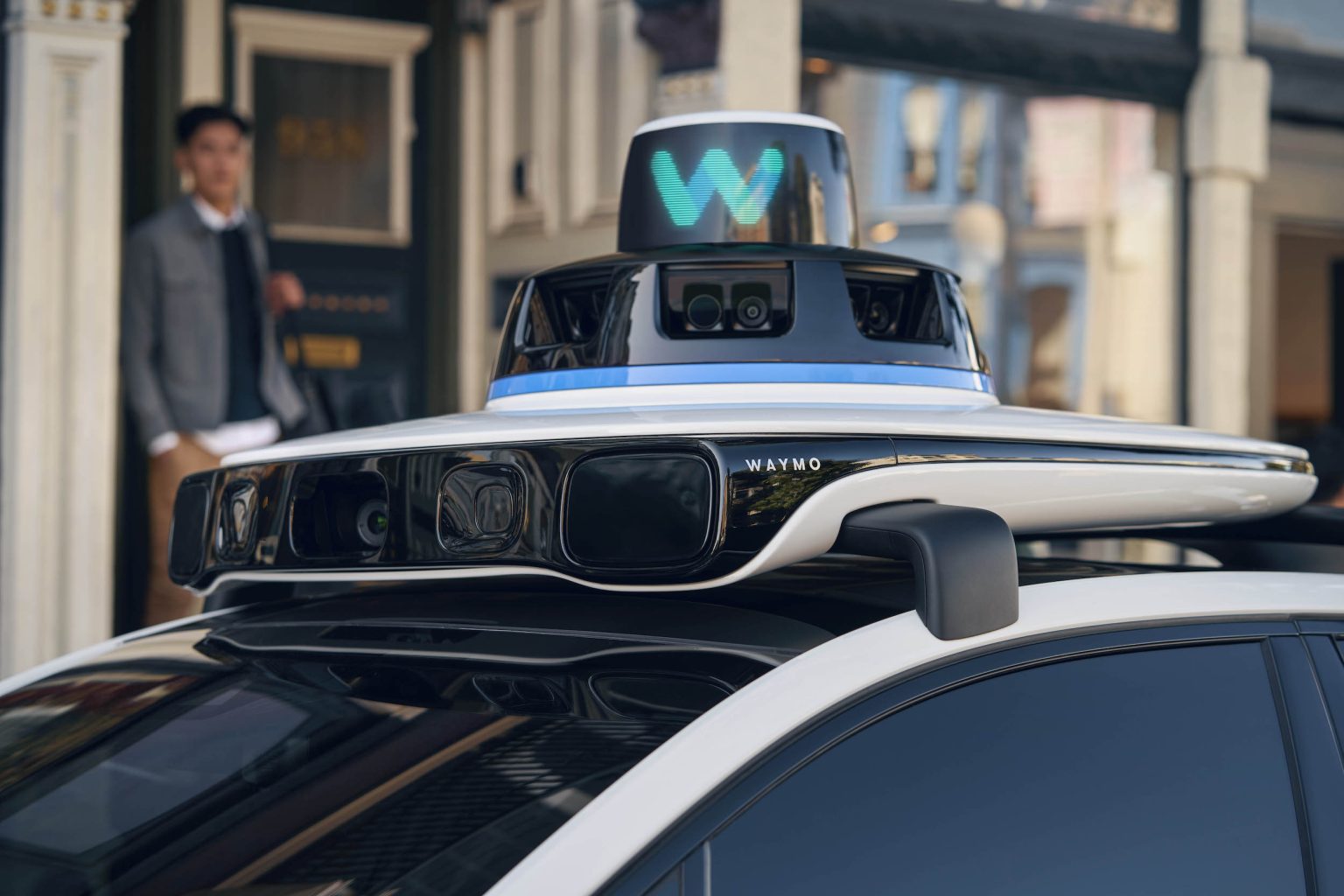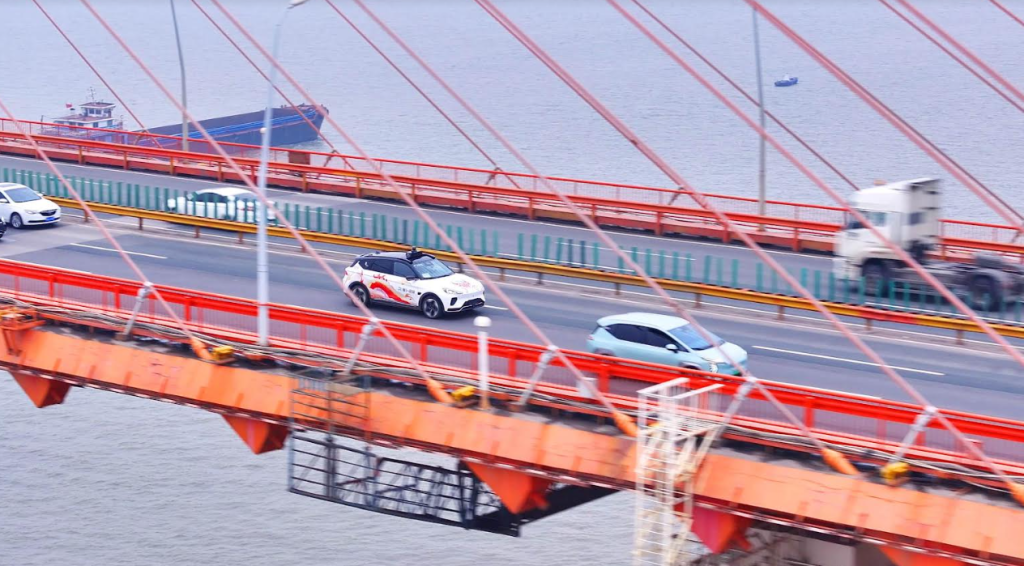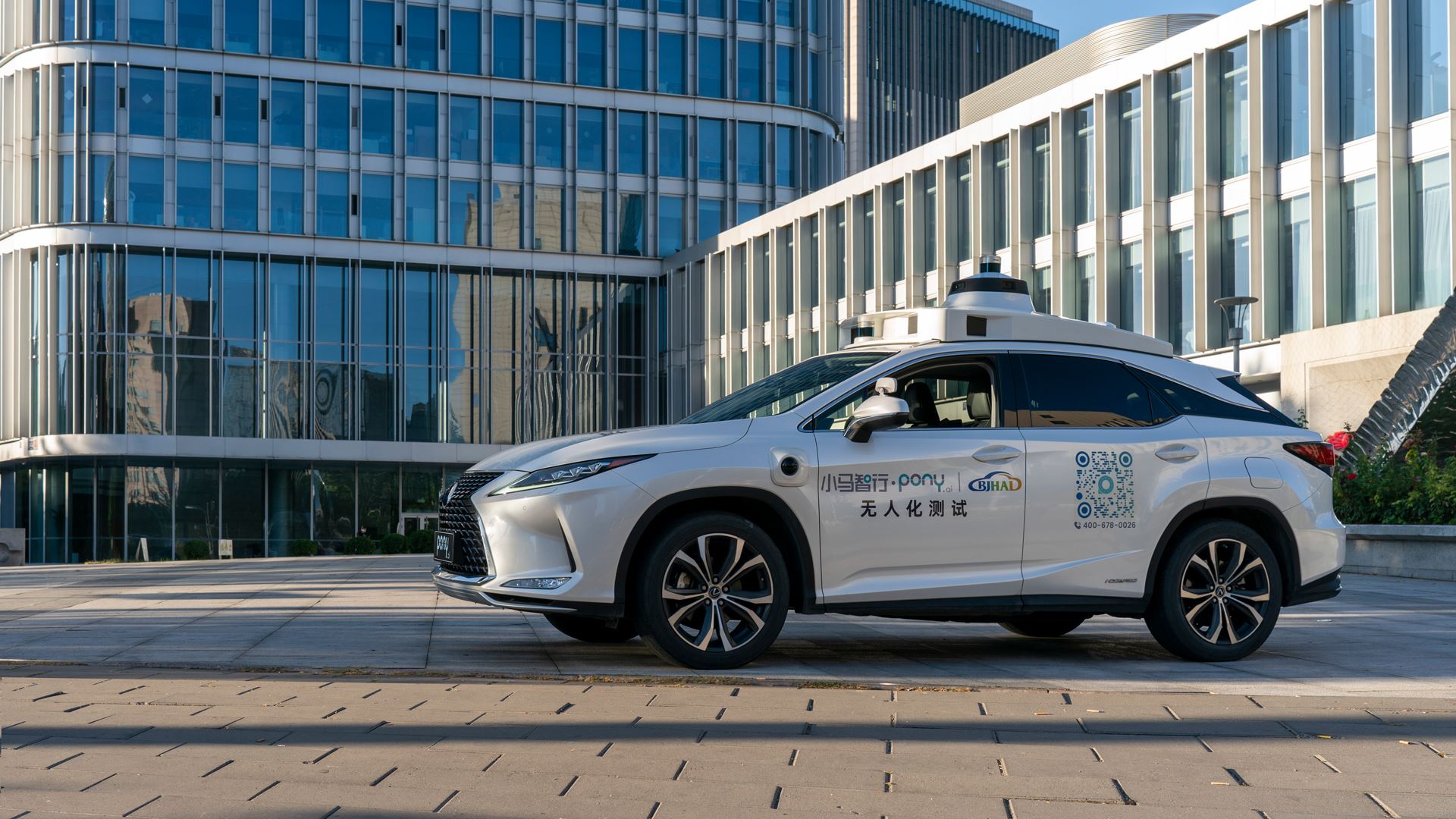California regulators have approved Waymo’s proposal to expand its fully driverless robotaxi services to Los Angeles and select cities near San Francisco, effective immediately. Waymo, which already operates in San Francisco and Phoenix, submitted the expansion application on January 19, pledging to collaborate with policymakers, first responders, and community organizations. The California Public Utilities Commission (CPUC) had previously suspended the application for further staff review.
In a notice posted on its website on Friday, the CPUC announced, “Waymo may begin fared driverless passenger service operations in the specified areas of Los Angeles and the San Francisco Peninsula, effective today.” However, the approval faced protests from various entities, including the City of South San Francisco, the County of San Mateo, and the Los Angeles Department of Transportation.
See also: Waymo Publishes Safety Data, Claims 85% Reduction in Crash Injuries for Autonomous Vehicles
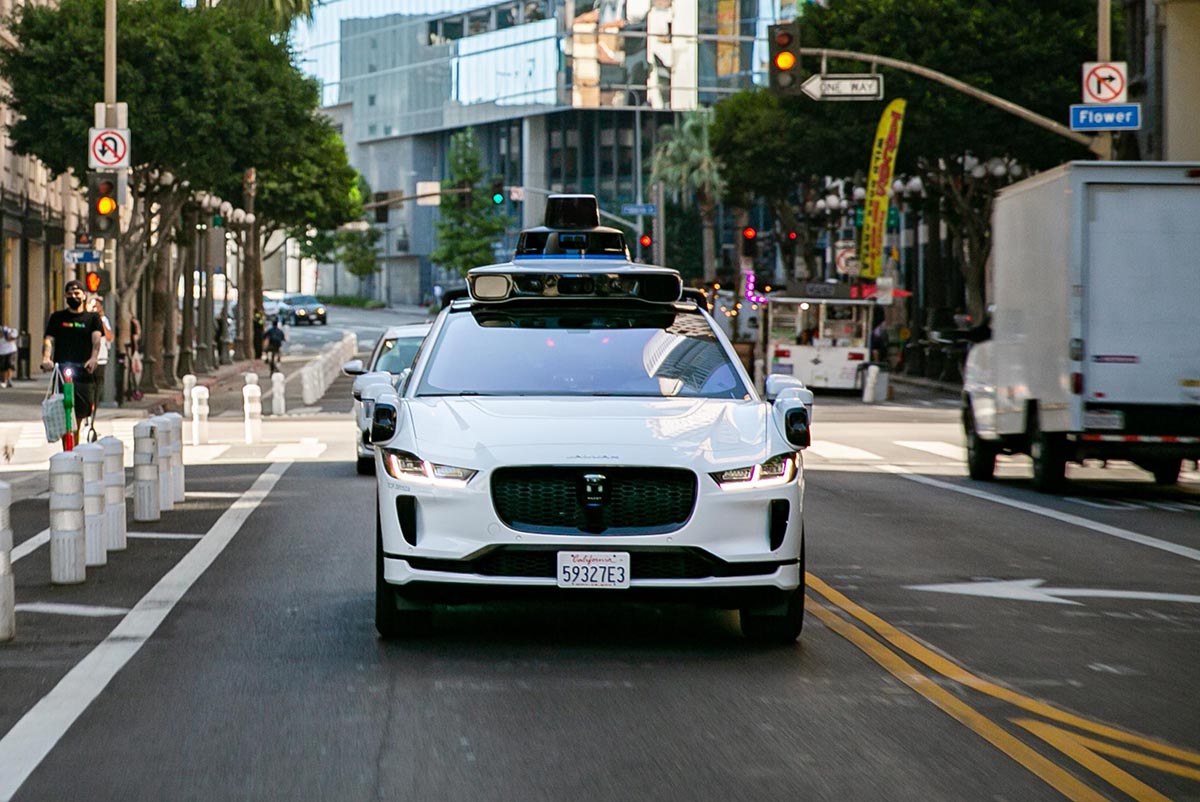
The City of South San Francisco argued that the public should have the opportunity to provide testimony and submit evidence regarding Waymo’s expansion. San Mateo contended that approving Waymo’s proposal without further input from local stakeholders would be “unreasonable,” noting that there had been no prior discussions between Waymo and County leaders or staff.
Despite these protests, the CPUC revealed that it had received five letters of protest and 81 letters of support for Waymo’s expansion plans during the approval process. The decision comes amid increasing public scrutiny of robotaxis following accidents involving Waymo and rival General Motors’ Cruise.
See also: Waymo’s Autonomous Vehicle Attacked and Burned in San Francisco
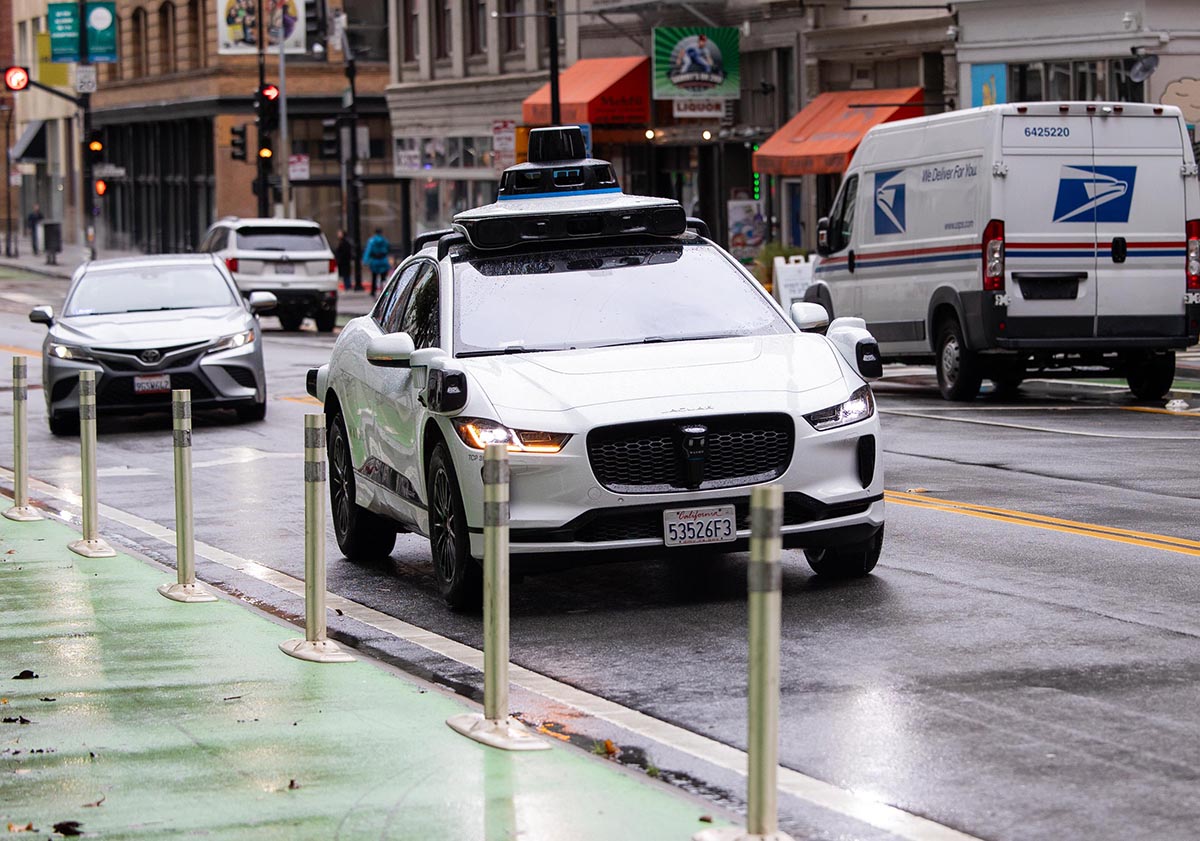
In February, a Waymo robotaxi was attacked and set on fire during Chinese New Year celebrations in San Francisco’s Chinatown. This incident followed another where a Waymo vehicle struck a bicyclist at a city intersection. Additionally, Waymo recently recalled 444 self-driving vehicles in Arizona due to a software error that could lead to inaccurate predictions of a towed vehicle’s movement.

